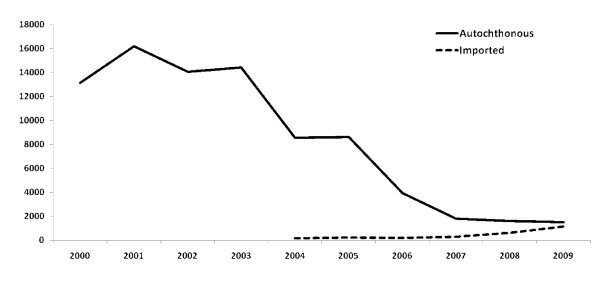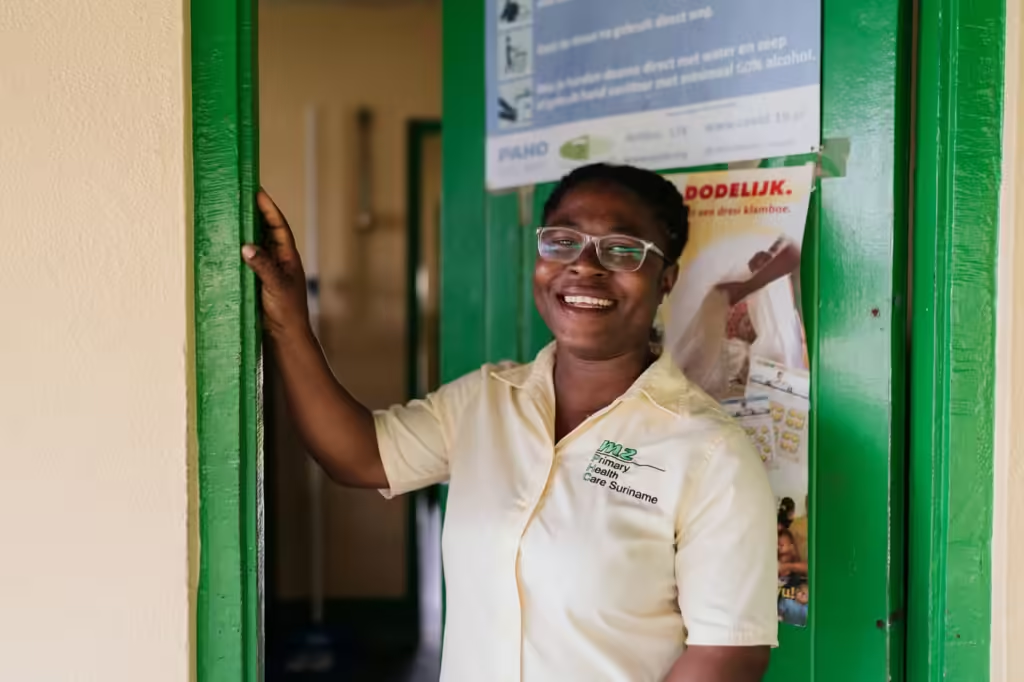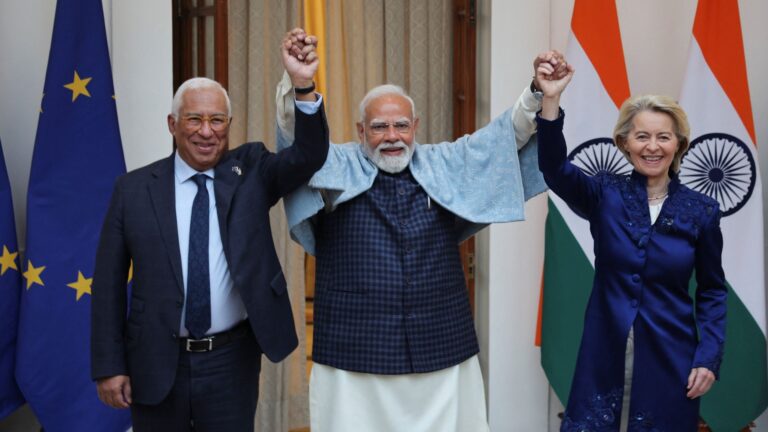
Malaria is no more in Suriname! This life-altering declaration signals a new era of health and prosperity for the South American nation, freeing its people from the burden of a disease that has plagued the country for generations.
WHO Certifies Malaria Free Suriname
The World Health Organization (WHO) has officially certified Suriname as malaria-free. It’s the first country in the Amazon region to receive this recognition. This milestone crowns nearly 70 years of effort from both the government and local communities.
“WHO congratulates Suriname on this remarkable achievement,” said Dr. Tedros Adhanom Ghebreyesus, WHO Director-General.
Dr. Jarbas Barbosa, Director of the Pan American Health Organization (PAHO), added: “This certification reflects years of hard work, especially in reaching remote areas. They detected and treated cases fast, tracked infections, and mobilized communities.”
Suriname’s Malaria Fight

Historically, malaria in the country existed in two zones: the coastal belt and the interior. The coastal areas became malaria-free by 1968, largely due to DDT spraying.
The interior, however, remained a high-risk zone. Spraying occurred twice yearly, but coverage was often too low to eliminate the disease.
In the 1990s, cases surged again. This spike was linked to better diagnostics, growing drug resistance in P. falciparum, and internal displacement. At one point, the nation had one of the highest annual parasite indexes (API) in the Americas.
The turning point came in 2003 with the introduction of artemisinin-based combination therapy (ACT). By 2005, ACT was the first-line treatment for uncomplicated P. falciparum. A sharp decline in infections followed.
By 2006, infections among Indigenous groups had dropped significantly. The focus then shifted to mobile populations in remote gold-mining zones.
The last locally transmitted P. falciparum case occurred in 2018. The final case of P. vivax followed in 2021.
Suriname’s Strategies and Interventions

Health authorities divided the country into three ecological zones: the coast (where DDT spraying worked), the savanna belt with sporadic outbreaks, and the forested interior with intense transmission.
In 2016, the nation joined the “Elimination 2025” initiative, supported by WHO. This program targeted countries with high potential to defeat malaria within the decade.
This success proves that malaria elimination is achievable—even in dense forests and remote regions. The country’s malaria-free certification plays a critical role in advancing PAHO’s Disease Elimination Initiative which aims to eliminate more than 30 communicable diseases, including malaria, in countries of the Americas by 2030.
Furthermore, eliminating malaria will have positive effects on our healthcare sector, boost the economy, and enhance tourism in Suriname.
- Decreased Deaths and Illnesses: In the past, malaria was one of the main causes of death and illness in Suriname. Every year, thousands of lives are saved when this disease is eradicated.
- Decreased Health Burden: Funds can be allocated to other medical needs, such as maternal care, chronic illness, and child health, when there are fewer cases of malaria in hospitals and clinics.
- Healthier Communities: Suriname’s people now feel more secure and have better health, particularly in the most impacted rural and indigenous communities.
- Increased Productivity: People can work more frequently to support their families and communities when there are fewer illnesses.
- Lower Healthcare Costs: The government and families of Suriname save money that would have been used for prevention and treatment (such as medications and mosquito nets).
Malaria elimination in Suriname has led to a healthier, more prosperous, and more resilient society. It stands as a public health success story, showing the power of sustained commitment, investment, and community engagement.
Suriname has written a new chapter in the fight against malaria. “The fight is far from over. Suriname’s success shows us what’s possible, but continued vigilance and investment are crucial to protect these gains and inspire further progress.” The question now: Who will be next to win on malaria?
For more such informative articles stay tuned at The World Times.



